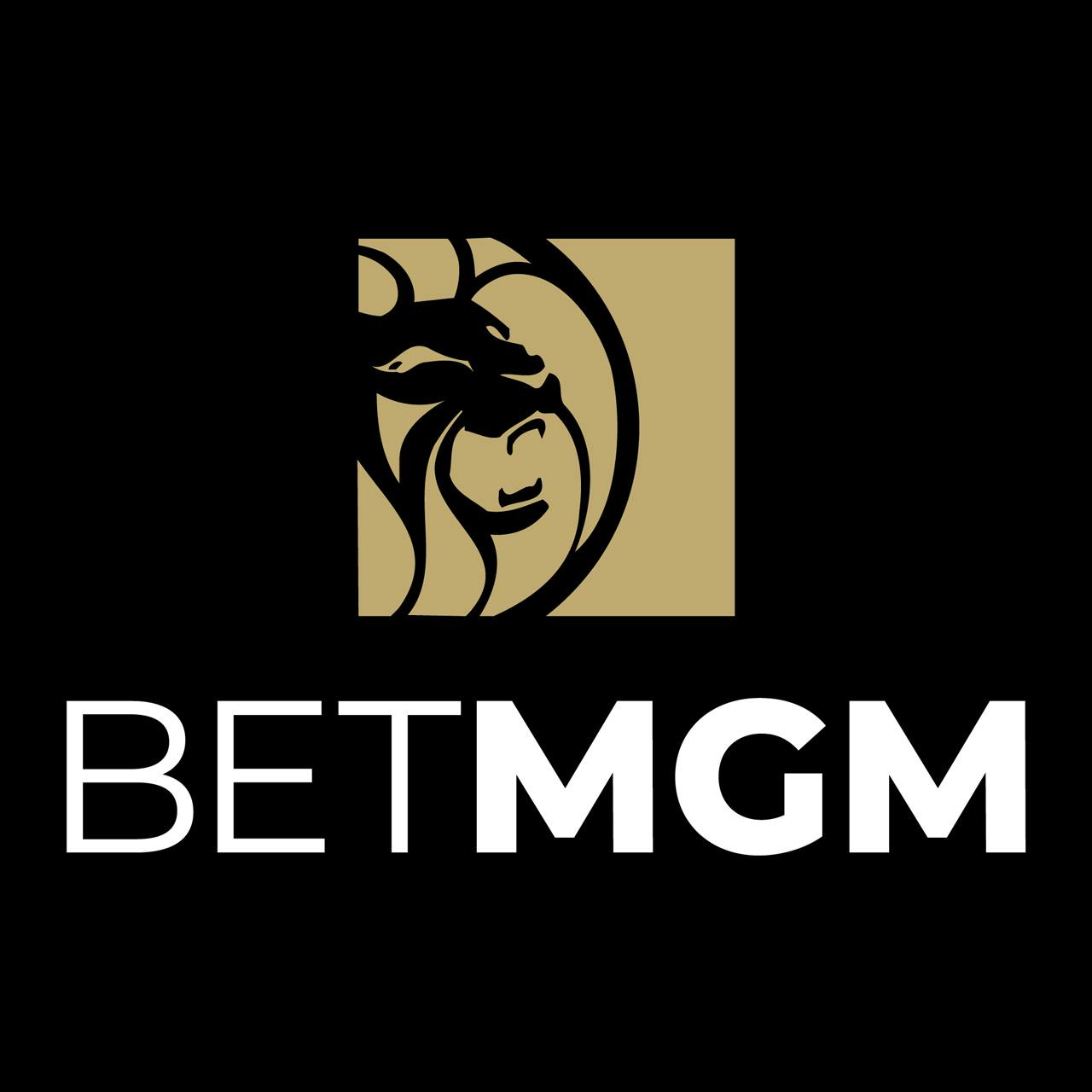Should you take even money when you play blackjack?

Not many blackjack players know about the even money rule, let alone understand how to play it correctly. This even money blackjack guide explains how the rule works – and why you should avoid it at all costs.
What is even money blackjack?
Picture the scene: you are dealt an ace and a picture card, giving you the sought-after blackjack and – usually – a nice payday. But then you notice the dealer’s upcard is an ace. Now you’re getting jumpy because if the dealer’s downcard is a ten, then your hand is tied, and you get no value for your blackjack hand.
At this point, in most casinos, you can ask for even money. That means before the dealer peaks at his downcard, you invoke the rule, and you will get paid 1:1 on your stake, no matter what hand the dealer goes on to make.
- The reward is that you win some money no matter what happens
- The risk is the dealer does not end up with a blackjack, and you would have won even more
Most players who misuse the even money rule, assume that because there are so many tens, jacks, queens, and kings in the deck, it is quite likely the dealer will make a blackjack. Rather than face the misery of a push, where just their stake is returned, they get greedy and go for the guaranteed cash.
You will have heard of insurance in blackjack, where all players at the table might be offered insurance if the dealer has an ace upcard. We’ve mentioned before that you should never take insurance because it is not profitable in the long term.
For the same reason, even money protection is never a good play.
Should I take even money in blackjack?
In short, no. The math just does not add up. You rely on the dealer going on to make blackjack enough times in the long term to have made your even money move worthwhile. But in truth, this will not happen.
Let’s take a six-deck blackjack game when you have a made blackjack, and the dealer shows an ace. With 96 cards with a value of ten (tens through kings), there is a 30.7 percent chance that the dealer has one of them to make a blackjack.
So, that’s a 30.7% chance your hand will be a push. Far better, you might think, to ask for even money and guarantee your profit. Wrong.
Look at the bigger picture: there is a 69.3% chance the dealer’s downcard is NOT valued 10, meaning this is the state of play if you do nothing:
- 7% of the time dealer has blackjack, and you win 0 profit units
- 3% of the time dealer does not have blackjack, and you win 1.5 units (a 3:2 payout)
Average these eventualities, and you will find your blackjack hand is worth around 1.04 units. So, if you stake $10, your blackjack hand expected profit value in the long term, at least when the dealer upcard is an ace, is $10.40. Is it any wonder the casinos are keen for you to take even money and settle for $10 every time?
The casinos are not being sneaky, of course. Just cute. They have to make money to survive, so rules like this give them a tiny blackjack house edge to help them profit.
Test your nerve at blackjack
Play at TwinSpires Casino and test out your blackjack skills. You may not be offered the even money rule online, but there will be tables offering insurance to all players if the dealer shows an ace. Be smart, and pass on the offer. Good luck at the tables!
ADVERTISEMENT






